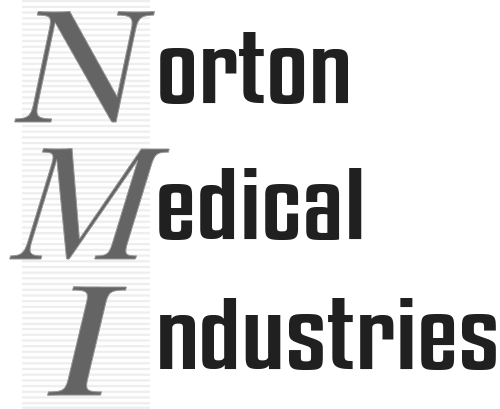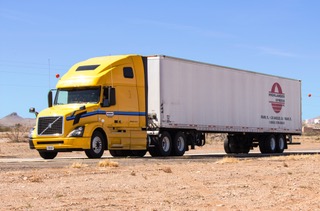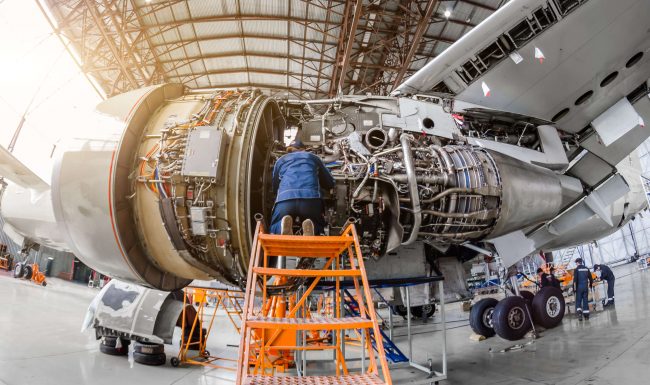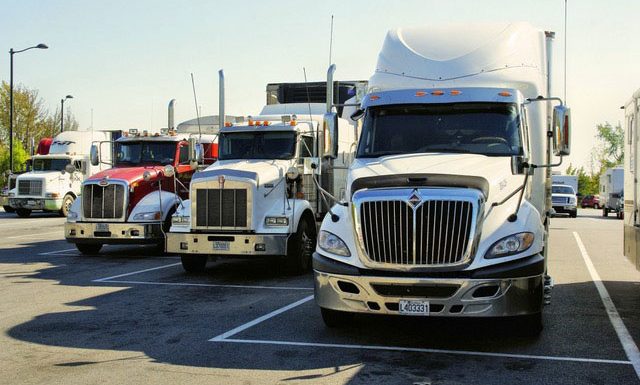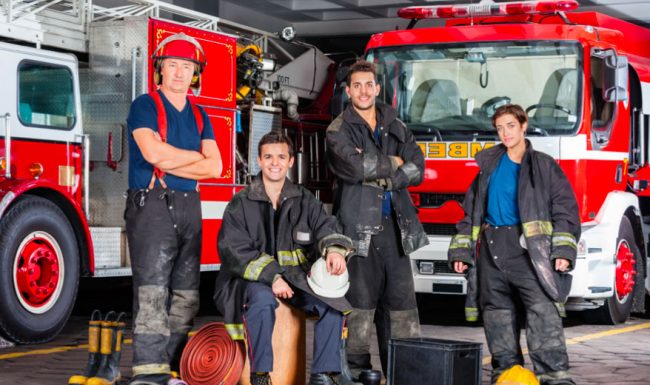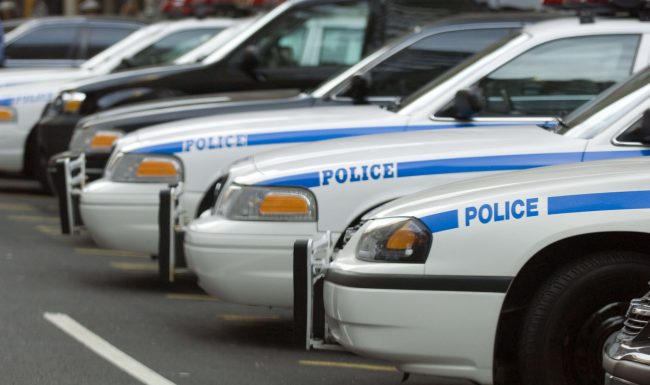This article was recently published in the LCT Magazine. To view the original article, click here
Posted on August 12, 2016 by Lexi Tucker – Also by this author – About the author
VAN NUYS, Calif. — The Independent Drivers Consortium (IDC) drug testing app, promoted as an affordable drug testing app program for chauffeurs and professional independent drivers, has received an official nod from the Greater California Livery Association (GCLA), one of the largest industry groups in the nation. The creator of the program will also serve as a legislative advocate for the group. GCLA President Kevin Illingworth endorsed Dr. Marshall Zablen, chief medical director of Norton Medical Industries, “in his efforts relating to… issues regarding all drivers for hire who transport people to have the same driver safety requirements as our licensed limousine companies throughout the state where [GCLA] members operate.”
Zablen also was permitted to represent A&E Worldwide Limousine, Inc. by California operator Adir Katzin.
Zablen and his staff traveled to the California State Capitol in June and presented a lobbying packet to more than 25 state senator and assemblymen’s offices. Assemblyman Kansen Chu, D-25th District, a member of the transportation committee representing San Jose, said testing all drivers who transport people would be wise and said he would introduce a law next year to require transportation network company (TNC) drivers to meet the same requirements as taxi and limo drivers. Zablen offered a legislative proposal and said he would testify in front of any committees as medical director of Norton Medical before votes.
Passion For Protection
Although Zablen has been a part of the GCLA since 1995 (when California started to require drug testing for people transport others), he became active when TNCs emerged. “This motivated me to start lobbying for equal treatment,” he says. “If nobody says anything, people are going to get hurt.”
Unlike TNC drivers, the state of California requires chauffeurs and taxi drivers to be drug tested, and the rate of positive tests is less than one percent as a result. What is worrisome is the fact Uber has more than 160,000 drivers in California alone, and no TNC driver must comply with California Public Utilities Commission (CPUC) regulations or state legislation.
“When a person who is applying for a chauffeur position comes up positive, I ask them when the last time they used drugs was,” Zablen said. “Their response is often, ‘That’s okay, I don’t mind driving for Uber.’”
In a 2015 study done by Norton Medical, out of 8,380 random tests on taxi drivers, 13 tested positive for drugs (one in 644 drivers). They also performed random tests on 1,003 chauffeurs, in which five tested positive (one in 200 drivers). A National Institute of Drug Abuse (NIDA) survey found eight to 25% (varies based on age) of Americans between the ages of 20 and 40 admitted to using drugs in 2013. Using these statistics, it can be inferred the rate of drug use in the general population is 25%. This means about one in four TNC drivers will come up positive on a drug test.
“Testing discourages people from using drugs because it affects their income. When the trucking industry was required to participate in drug testing, fatal accident rates fell 80% for every million miles. Drug use among truck drivers fell from 18% to less than one percent,” Zablen says.
Norton Medical Industries is the only third party administrator representing taxi and limo companies and pushing to have TNCs comply with basic safety requirements. The company conducts drug testing all over the state and the nation, including the city bus systems of El Paso, Texas; Bakersfield, Calif.; San Bernardino County, Calif.; the city of Nantucket, Massachusetts; and hundreds of aviation and trucking companies. Since opening in 1989, Norton has been a leader in the drug testing industry.
Information on Norton Medical’s legislative efforts: Dr. Marshall Zablen at DrZablen@nortonmedical.com or (818) 621-1866.
For LCT’s coverage of the IDCapp, click here.
